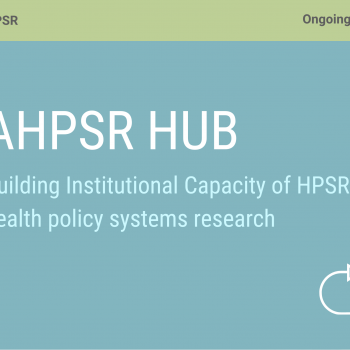Category Archive for "Expertise"
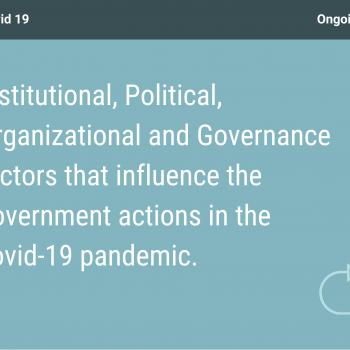
Institutional, Political, Organizational and Governance (IPOG) factors that influence the government actions in the covid-19 pandemic
Project duration 10-month long project (sep2021-june2022) Introduction & Overview The COVID-19 pandemic has challenged governments worldwide to respond urgently to control the spread of this dangerous disease but also to mitigate its impact on health, survival, and other dimensions of…
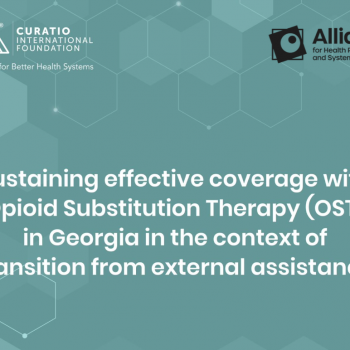
New case study: Sustaining effective coverage with Opioid Substitution Therapy (OST) in Georgia in the context of transition from external assistance
why Georgia was able to sustain and increase adequate coverage with Opioid Substation Therapy (OST) previously funded by the Global Fund and identify the critical enablers.
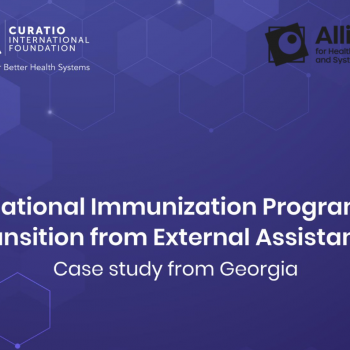
New case study: National Immunisation Program Transition from external assistance
The CIF research team publishes a new case study entitled “National Immunization Program (NIP) Transition from external assistance – Case Study from Georgia”.
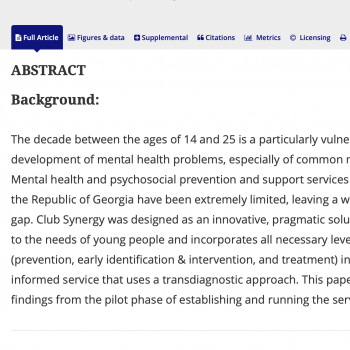
New Paper: A transdiagnostic psychosocial prevention-intervention service for young people in the Republic of Georgia
Mental health and psychosocial prevention and support services for young people in the Republic of Georgia have been extremely limited, leaving a wide treatment and care gap.
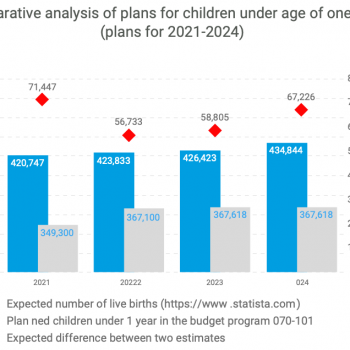
Vaccine Procurement and Supply for the Expanded Program of Immunization in Kazakhstan
In May 2022 UNITED NATIONS CHILDREN’S FUND (UNICEF) Kazakhstan published a report entitled: “Vaccine Procurement and Supply for the Expanded Program of Immunization in Kazakhstan: Gaps and Challenges for Action”, authored by Dr. George Gotsadze and Dr. David Sulaberidze, both representing Curatio International Foundation.
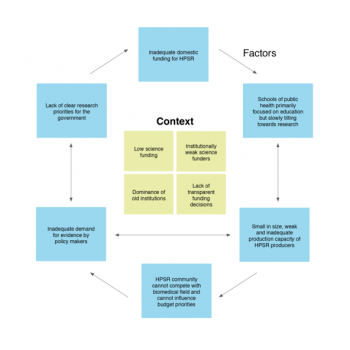
Paper: Soviet legacy is still pervasive in health policy and systems research in the post-Soviet states
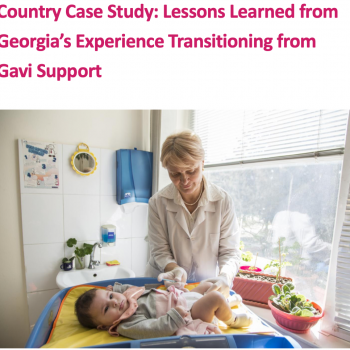
Georgian NIP faces challenges in sustaining the outcomes achieved
There are issues with immunization coverage rates, particularly in the context of the COVID-19 pandemic; insufficient government financing for communication activities, supportive supervision, and the information management system;
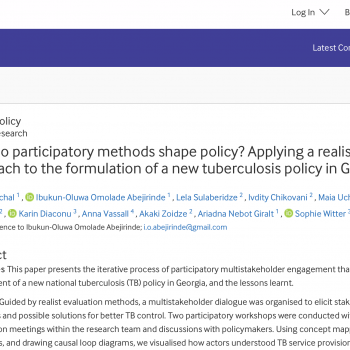
Article: How do participatory methods shape policy? Applying a realist approach to the formulation of a new tuberculosis policy in Georgia
The paper presents the iterative process of participatory multistakeholder engagement that informed the development of a new national tuberculosis (TB) policy in Georgia, and the lessons learned.
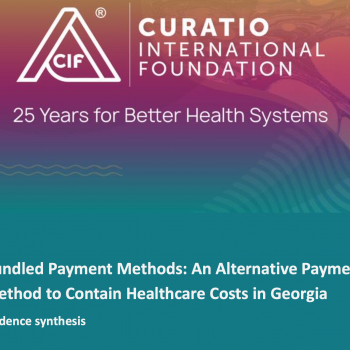
Bundled Payment Methods: An Alternative Payment Method to Contain Healthcare Costs in Georgia
Since there is a considerable growth in healthcare expenditure in Georgia, driven by both supply and demand, the health system would benefit by implementing alternative payment models that will reduce costs and improve the quality of care.

